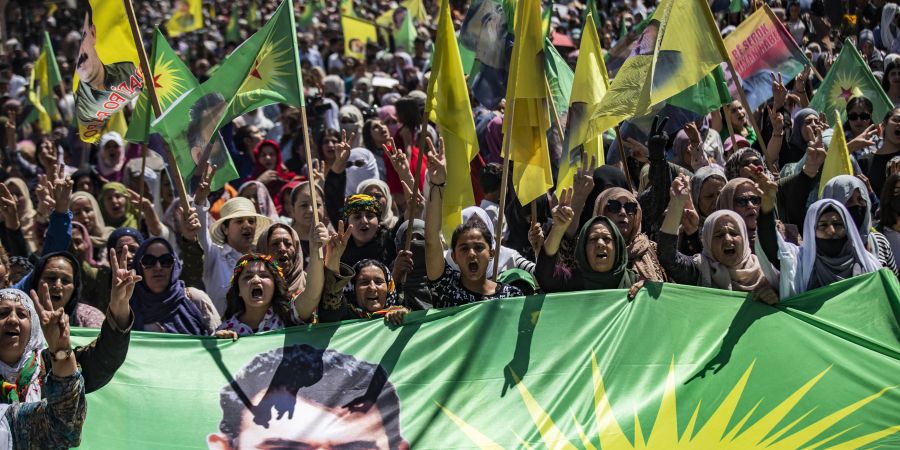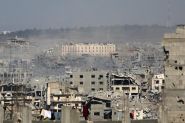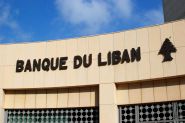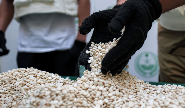PKK Disarmament Process to Begin Early July
- 30/06/2025
- 5 comments
- 36
- 125


This is Beirut 30/06 14:30

Amal Chmouny 30/06 12:40

This is Beirut 30/06 12:00

This is Beirut 30/06 10:35

Michel Touma 30/06 08:30

This is Beirut 30/06 22:30

This is Beirut 30/06 22:03

This is Beirut 30/06 18:57

Rayan Chami 30/06 18:50

This is Beirut 30/06 17:55
This is Beirut 30/06 17:31
This is Beirut 29/06 13:20
Lyne Sammouri 27/06 18:45
Yara Germany 27/06 16:30

This is Beirut 30/06 16:20

This is Beirut 30/06 12:15

Maurice Matta 28/06 15:00

Christiane Tager 27/06 21:20

This is Beirut 27/06 17:55

This is Beirut 30/06 13:35

This is Beirut 30/06 12:20

Marie-Christine Tayah 30/06 10:30

Bélinda Ibrahim 29/06 19:00

This is Beirut 29/06 15:00

This is Beirut 30/06 17:10

This is Beirut 30/06 15:20

Makram Haddad 30/06 15:00

This is Beirut 30/06 11:20

Makram Haddad 30/06 10:15

This is Beirut 29/06 09:55

Bélinda Ibrahim 26/06 12:00

Bélinda Ibrahim 25/06 18:00

This is Beirut 25/06 09:15

This is Beirut 20/06 13:05

par Ici Beyrouth, 30/06 23:09

par Ici Beyrouth, 30/06 22:35

par Ici Beyrouth, 30/06 22:01

par Ici Beyrouth, 30/06 20:10

par Ici Beyrouth, 30/06 18:25